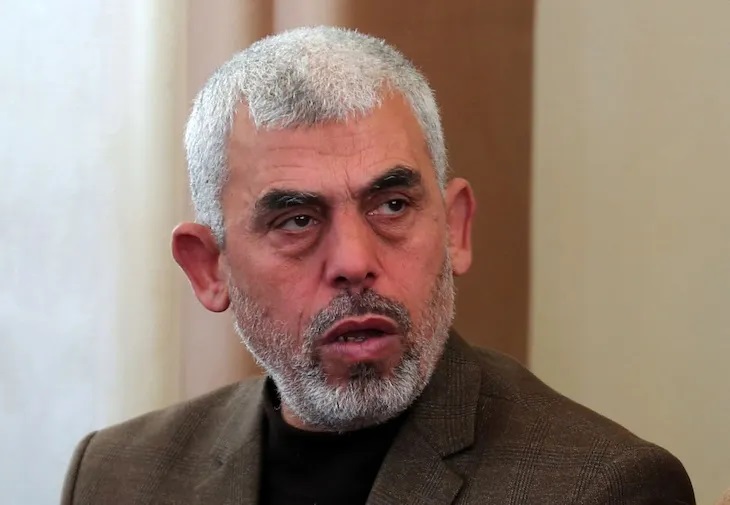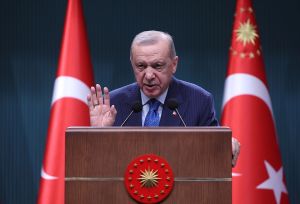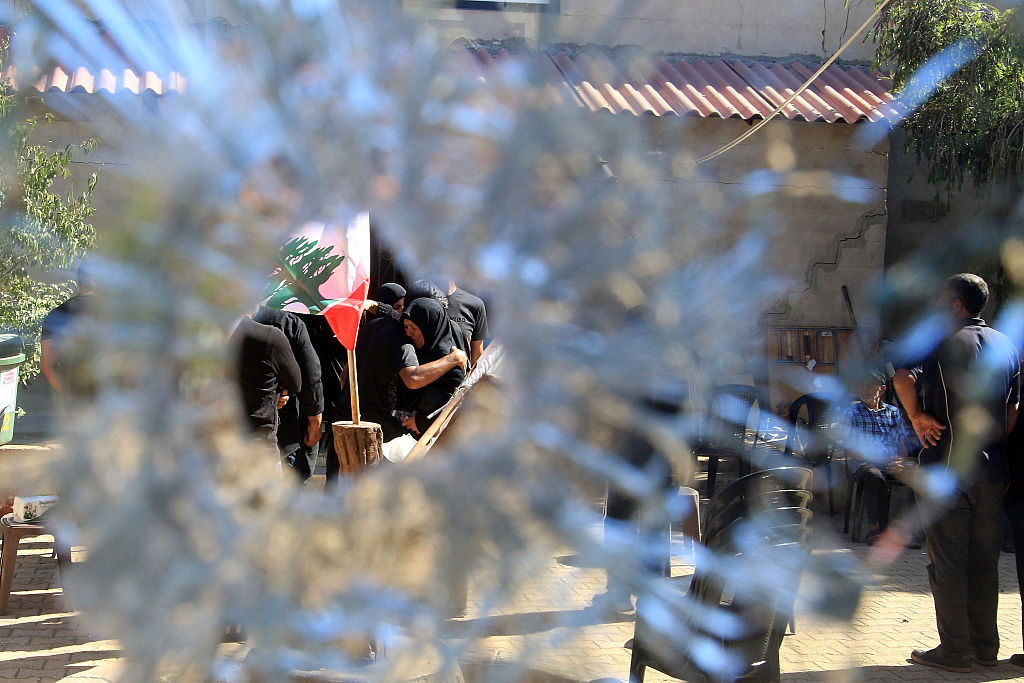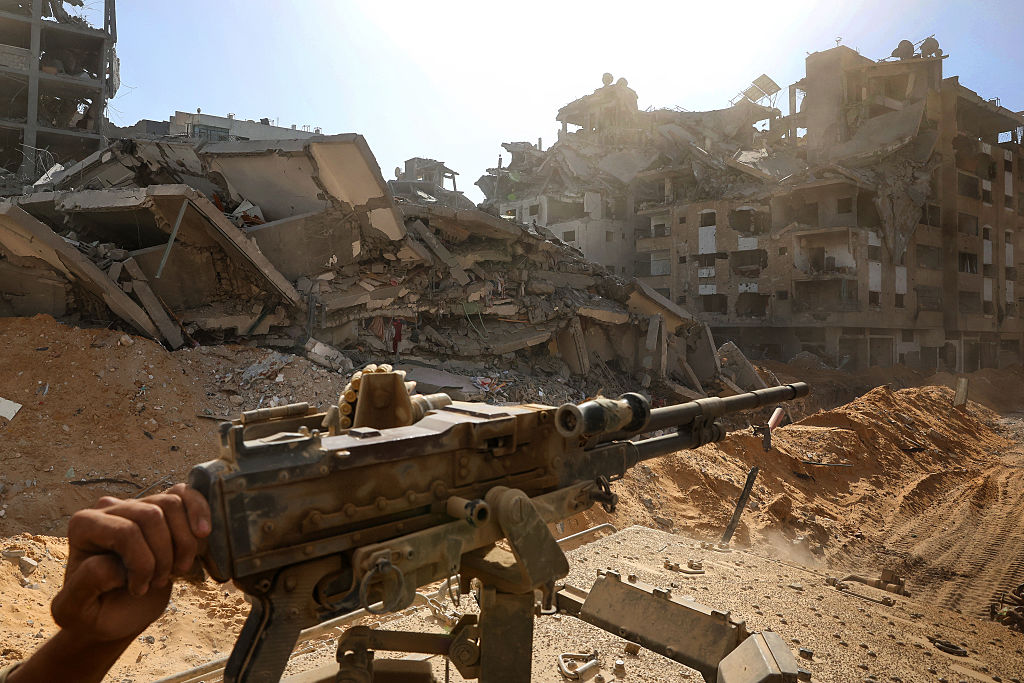Yahya Sinwar, the leader of Hamas and Israel’s top target in Gaza, has been killed by the Israeli Defense Forces. The IDF has confirmed that three terrorists have been taken out in the Gaza Strip, and Israel carried out DNA tests to confirm that the Hamas chief was among the targets. Early reports indicate that this wasn’t a targeted hit, but that Israeli forces came across what may be Sinwar’s body by chance.
Sinwar served as the chairman of Hamas’s political bureau since August, after his predecessor Ismail Haniyeh was killed by Israel. There have been previous opportunities to kill Sinwar, but these attempts were abandoned because he was using Israeli hostages as human shields. Today, the IDF confirmed that no hostages were hurt in this attack. Sinwar has been killed because he made a critical error.
Sinwar led Hamas in Gaza since 2017. He spent twenty-two years in an Israeli prison for terrorism offenses, and was released in 2011 along with over 1,000 Palestinian prisoners as part of a deal for the release of abducted Israeli soldier Gilad Shalit. Sinwar’s prison service meant that Israel has his DNA and fingerprints on record, which are being used to identify his body today.
As leader of Hamas in the Gaza Strip, Sinwar orchestrated the October 7 massacre during which some 1,200 people were brutally killed. He was in hiding inside Gaza’s extensive complex of tunnels ever since, in an attempt to evade the IDF and Israeli intelligence agencies. Only a handful of people knew where he was at any given moment, and there were prolonged periods of time during which Sinwar had little or no contact with the outside world, prompting speculation and rumors about whether he had been killed already.
Sinwar must have been well aware of the heavy price that would be paid by Hamas and Palestinian civilians if he went ahead with his plan to invade Israel. But this hard-line terrorist, who has left a trail of blood behind him his entire career — including executing Palestinians he suspected of collaborating with Israeli security services — decided to go ahead with the plan anyway, and became Israel’s primary target.
Sinwar’s death is a major achievement that will impact the future of the Gaza war, as well as the future of Hamas. Most of Hamas’s top brass in Gaza have already been eliminated, except for Sinwar’s brother, Mohammed Sinwar. Mohammed is Yahya’s most likely successor, but he has very large shoes to fill. Yahya Sinwar, much like Hezbollah’s now dead leader Hassan Nasrallah, is not an easy leader to replace. Mohammed Sinwar will also have to rule as a sole leader, taking over an organization in chaos, with its military abilities greatly diminished since the start of the war.
Israel hopes that the killing of Sinwar will make Hamas accept a deal for the release of the 100 Israeli hostages still held by the terror organization. Sinwar had adamantly objected to a ceasefire deal with Israel. His brother may want to take a similarly hard line, although the reality of Hamas’s dire situation may convince him to agree to a much-needed ceasefire for Hamas. Until now, Yahya Sinwar has been the main impediment to a deal with Israel, with others in Hamas pushing for a deal.
Israel also hopes that eliminating Hamas’s leadership will bring an end to Hamas’s political grip over Gaza. However, killing the terror organization’s leaders won’t eliminate the extremist ideology entirely. Until there is alternative leadership to Gaza, Israel won’t be able to end the war anytime soon. For the assassination to be meaningful, Israeli prime minister Benjamin Netanyahu will have to translate a military success into a diplomatic and political one. Unfortunately, Netanyahu’s lack of strategy so far means this may not happen.
In any case, the killing of Sinwar has a symbolic meaning. This is not just Israeli revenge against the instigator of the largest massacre of Jews since the Holocaust. Israel has successfully assassinated the top leaders of Hamas and Hezbollah in Gaza, Lebanon and Iran. It has shown its enemies that Israel’s long arms can reach anyone. This should act as a potent warning for Israel’s adversaries.
This article was originally published on The Spectator’s UK website.

























